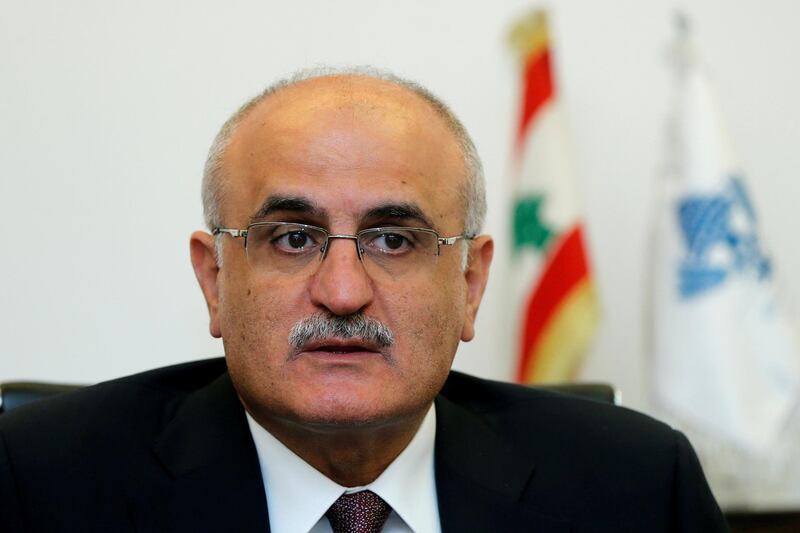The World Bank and Lebanon's caretaker finance minister jointly called on Friday for the formation of a new government after half a year of political stalemate, saying a new administration was needed to halt "confusion" over the economy.
Almost seven months since the parliamentary election, Prime Minister-designate Saad Hariri has hit a wall in his efforts to form a national unity government as political factions jostle for positions in a new cabinet.
Finance Minister The World Bank estimates Lebanon's national debt will stand at 155 percent of gross domestic product by the end of 2018 and World Bank Vice President for the Middle East and North Africa Ferid Belhaj said in a statement a new government was needed soon, "to put an end to the confusion over the financial and economic situation and to produce a climate of confidence regarding the future of projects scheduled for Lebanon".
Politicians have repeatedly warned there is a risk of economic crisis if a government is not formed soon.
The World Bank has committed $2.2 billion for projects in Lebanon including transport and job creation. But around $800 million is unused while awaiting government approval and Lebanon must pay commitment fees on it.
Members of the outgoing cabinet have remained in office in a caretaker capacity but are unable to take major decisions until a new cabinet is named.
__________________
Read more:
Lebanon celebrates 2,000 years of creativity with new Nabu Museum
Tom Young's Grand Sofar Hotel exhibition harks back to Lebanon's golden age
50 years’ change in Lebanon caught in landmark images
__________________
More than $11 billion of international donor funding pledged in April is also contingent on a new government making a tangible commitment to economic reform.
Mr Belhaj and another World Bank official two weeks ago said Lebanon was losing momentum and there was a risk donors might start losing interest.
Lebanon has the world's third highest debt-to-GDP ratio and a new government must be in place before Lebanon embarks on major fiscal reforms. The International Monetary Fund said in June these reforms are urgently needed to put the debt on a sustainable footing.
The World Bank estimates Lebanon's national debt will stand at 155 percent of gross domestic product by the end of 2018 and that a rise in current spending will increase the fiscal deficit to 8.3 percent of GDP in 2018, from 6.6 percent in 2017.





